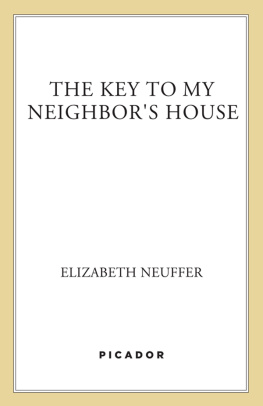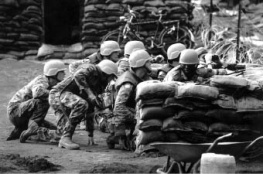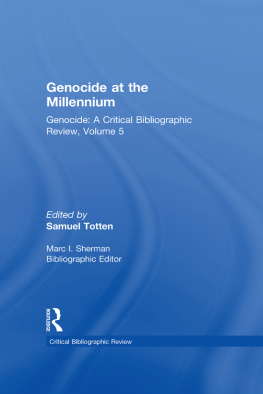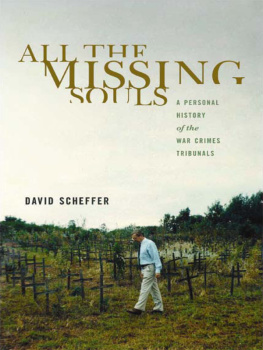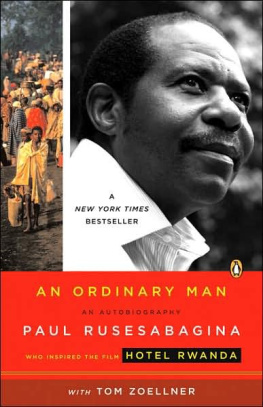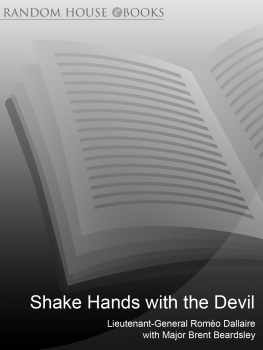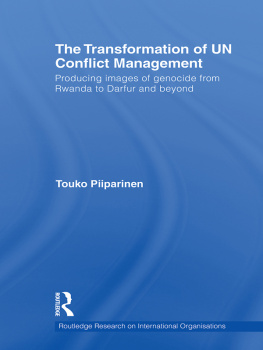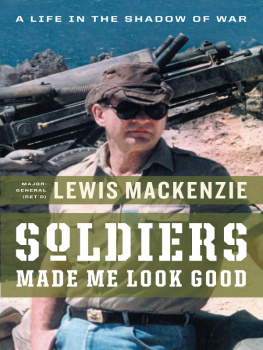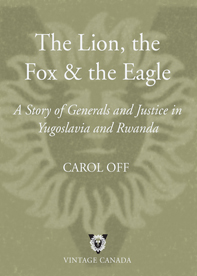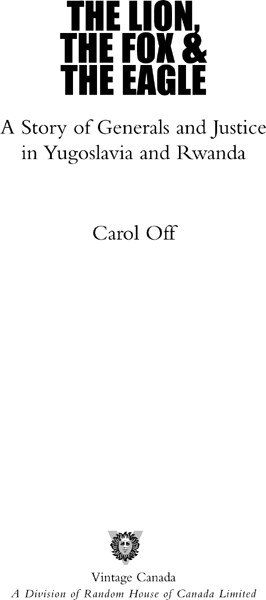Off is a smooth and powerful writer, delivering a mixture of descriptive passages, contextual background and editorial argument which collectively produce a provocative page-turner. Her concise backgrounder and summary of the horrific genocide in Rwanda in 1994 is the best account I have read.
Off writes with a meticulous sense for disconcerting details that resonate with ugly truth.
The CBC reporter steers by her own conscience and that is to tell the story from the point of view of the powerless.
Off deserves praise for painting this appalling picture so vividly.
This is an explosive look at what really happened in the failed peacekeeping missions in Sarajevo and Rwanda.
CONTENTS
Book One
The Lion
Book Two
The Fox
Book Three
The Blasted Heath
Book Four
The Eagle
Conclusion
By No Mans Leave
INTRODUCTION
T his is a story about right and wrong, and about people who can, and cannot, tell the difference between the two. The villain is not a person so much as a giant bureaucracy, the United Nations, which was founded to create a more civilized world but has instead created a sophisticated system of reasons why we cannot be more civilized.
The lion, the fox and the eagle symbolize three Canadians who played critical parts in the drama of the final decade of the twentieth century. All three were employed by the United Nations. They were not necessarily chosen for their missions because they are Canadians, but their nationality was a determining factorthe United Nations has come to depend on Canada for people the world believes it can trust. The three were required to rely on their personal moral compasses, since the UN had lost its own. They did so with varying degrees of success.
These characterstwo generals and a judgemade decisions that affected the lives of millions. Unlike so many others at the UN, they did not act behind the scenes or in the diplomatic shadows, but were front and centre, openly stating their objectives and publicly influencing events. They became celebrities around the world, and all were decorated or honoured by their country for their perceived accomplishments. As a journalist, I was fascinated by all three; as a Canadian, I followed the events in which they were involved, and covered many of them with feelings of pride and admiration. But in this book, the characters that emerge are different from the ones we witnessed on the international stage. In some instances, their real acts of heroism have been obscured; in others, the heroism was never really there. I have come to see these stories as a Greek drama in three acts, each a test of human character in an impossibly difficult situation.
As Communist Europe collapsed in 1989, the world order went topsyturvy. Nation-states braced themselves for the fallout, Canada not least among them. Canada likes to play an international role out of proportion to its place in the scheme of things, and it hoped to have a suitable part in the New World Order. As our neighbour to the south became the single superpower on the globe, Canada feared the immense influence it would wield. Our government has always supported global organizations as a counterweight to the influence of the United States, and in the 1990s that had never seemed more crucial.
The United Nations is the most important of all the institutions Canada uses as a conduit to the larger world. Lacking sway at the Security Councilthe UNS powerful inner cabinetCanada turns to other functions of the organization to find its sphere of influence. Chief among them is peacekeeping. Canadians are the worlds pre-eminent peacekeepers, and Canada is the only country that has sent soldiers to every important mission since the UN first defined its peacekeeping role.
As the history books tell us, Canada invented peacekeeping. It was Lester B. Pearson, as secretary of state for foreign affairs, who stood in the United Nations in 1956 and proposed a solution to the tense standoff between France and Great Britainour two colonial foundersover the Suez Canal: While the political climate of the Middle East is maturing towards the time when conditions will be more appropriate for a comprehensive settlement, it is essential, I think, for the countries of the region, and indeed for us all, that there should be no return to the former state of strife and tension and conflict on the borders. And this might well require the continuing presence of a United Nations Force.
The idea of a United Nations force became the prototype for all such missions in the future, and Pearson won a Nobel Peace Prize for his suggestion. The image of Canadians as international do-gooders is a part not just of the national mythology, but of Canadian foreign policy. Canada is one of only a handful of nations that include peacekeeping as a permanent part of their national defence, and no other country gives peacekeeping such a defining role in its international politics. It is in our genetic code as a nation.
The United Nations drew up the blueprint for how the world should react to future conflict through its defining charter of 1945 and more definitively through the Universal Declaration of Human Rights, drafted for the UN by McGill University Dean John Humphrey and passed three years later. The two documents between them are a proclamation that all peoplefrom every nationdeserve the same security of person and fundamental rights. Its unlikely such a consensus on first principles would have been reached without the horrors of the Second World War and the Nazi Holocaust to prick the worlds conscience. The overwhelming response to those catastrophes was never again.
Pearsons call for a lightly armed force to intervene, peacefully, in global conflict is drawn from the imperatives of the UN charter. But peacekeeping is really an ad hoc, unofficial outcropping of the codea way to physically step into the breach in a countrys affairs to ensure the idea of never again. As a term, peacekeeping is never mentioned, but Pearson derived the idea from the international responsibilities outlined in chapter six of the charter, entitled Pacific Settlement of Disputes. Chapter six calls for the UN to intervene at the behest of the parties to any dispute and attempt to mediate a solution. The charters chapter seven suggests flexing more muscle: Action with respect to threats to the peace, breaches of the peace, and acts of aggression calls upon signatories of the UN charter to get tough with countries that are destabilizing a region, or the world, through their acts of aggression. Increasingly, peacekeeping has become chapter seven material.


